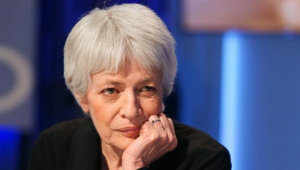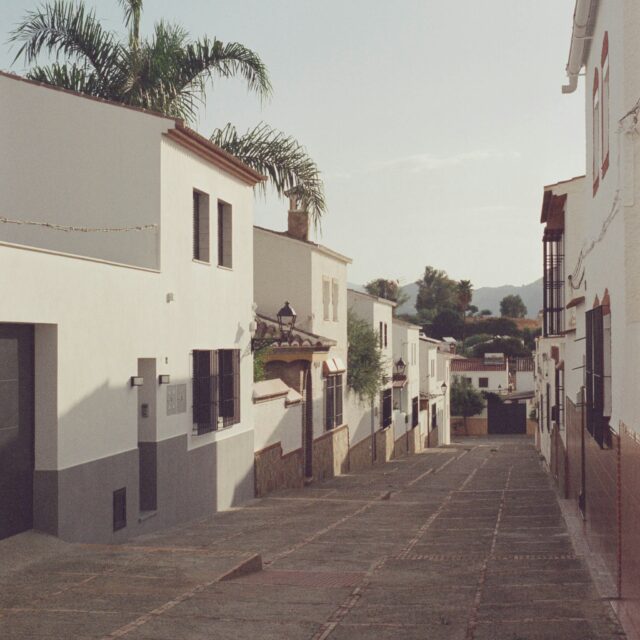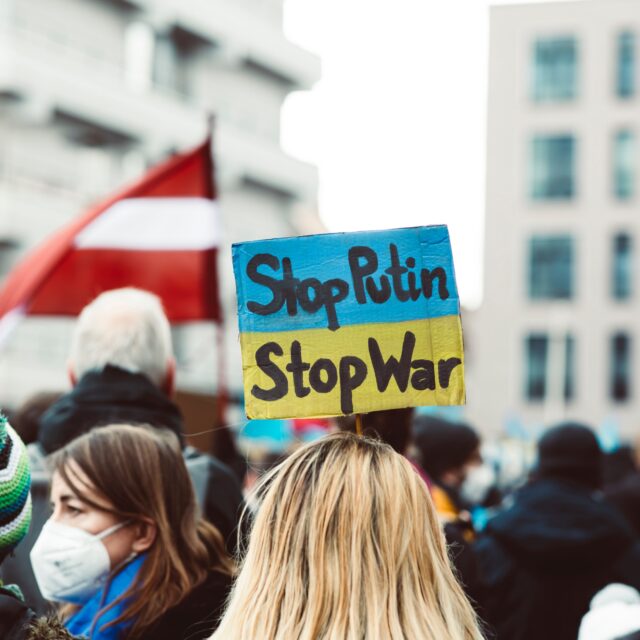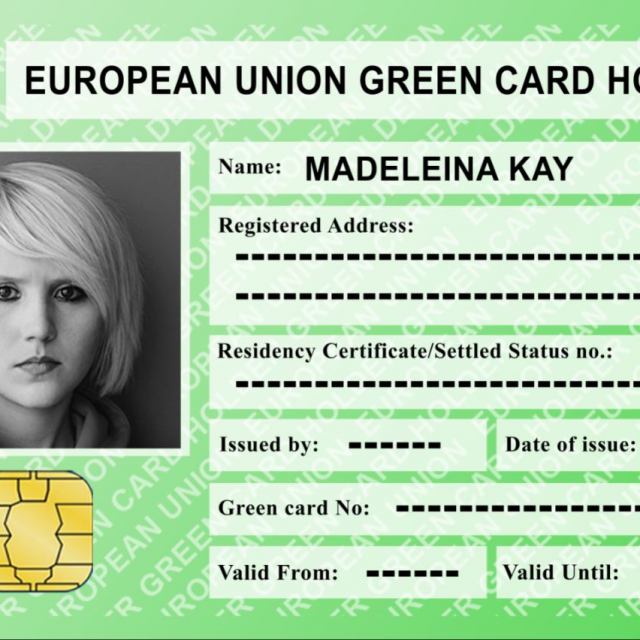After weeks of alleged police “brutality” against protesters across several EU countries, a request by GUE/NGL for a debate and resolution on the use of excessive force by the police against peacefully protesting citizens’ is on the Strasbourg plenary agenda for next week.
Alleged police violence and use of weapons – including the so-called flashballs or LBD firearms – in countries such as France recently has resulted in widespread injuries and even deaths.
Similar action by the authorities in Italy, Romania, Hungary and Spain in recent months have also been roundly condemned with rights groups such as Amnesty International and the Council of Europe expressing concerns about the breach of EU citizens’ right to protest.
Currently, there is no EU legislation in place to regulate what member state police forces can use, that also means EU citizens in different countries will be met by varying degrees of brutality.
French MEP Marie-Christine Vergiat says: “The images of the brutal crackdown on the ‘gilets jaunes’ since the end of November speak for themselves.”
“The injury toll is staggering: 3200 wounded including 37 minors and 44 journalists, 175 head injuries, 17 eyes blinded and 4 hands ripped off.
“The disproportionate use of public force has led to this escalation of violence. It is high time we banned these ‘non-lethal’ lethal weapons: LBD 40, GLI F4 grenades and sting-ball grenades,” she said.

Italian MEP Barbara Spinelli agreed:“There is clear evidence that the use of force and of non-lethal weapons by police forces against mainly peaceful protesters in France has been excessive and disproportionate, and has led to a great number of injuries and mutilations.”
“The risk that a crowd could be violent does not lead to a loss of human rights protection – in particular the right to bodily integrity, enshrined in article 3 of the EU Charter of fundamental rights.”
“Police should be trained on human rights and weapons like LBD 40 (flashballs) and GLI F4 grenades should be banned,” Spinelli argued.
The debate will take place at the Strasbourg plenary on Monday 11th February, and the vote will be on Thursday.




